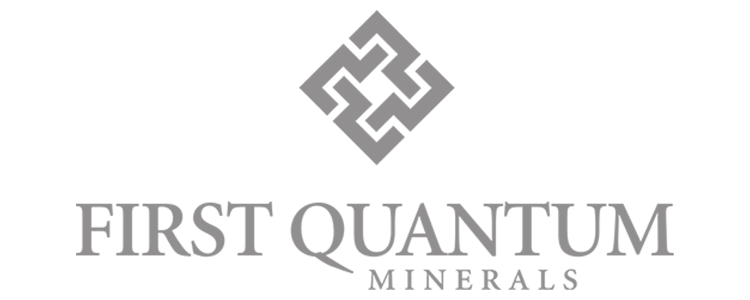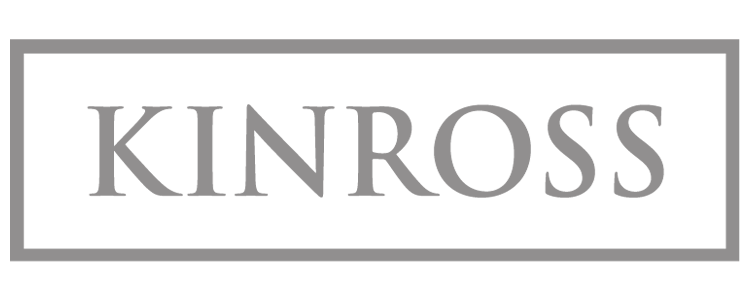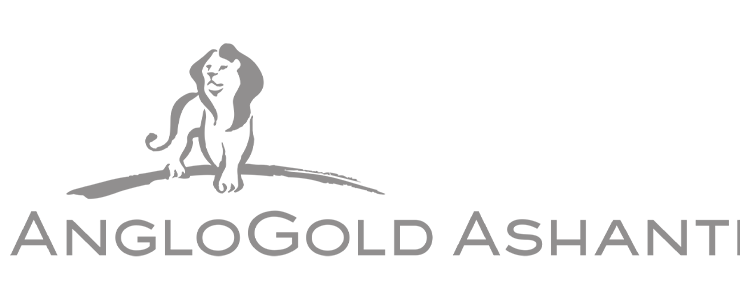Over the past few months, we have run a series of polls to gather insights from industry professionals about the skills and practices that are shaping the future of mining. The results provide a snapshot of current priorities and emerging trends, particularly in skills development and sustainability. Let’s dive into the findings and explore what they mean for the industry.
The Most Valuable Skill in the Mining Sector Today
The poll results reveal a clear preference for problem-solving as the most valuable skill in the mining sector, with 62% of respondents citing it as essential. This emphasizes the need for professionals who can navigate the complexities of modern mining operations, whether it’s optimizing processes, addressing unforeseen challenges, or innovating solutions to reduce costs and increase efficiency.
In a sector driven by technological advancements and increasingly stringent regulations, the ability to think critically and solve problems effectively is paramount. This shift in focus indicates that mining professionals are expected to move beyond technical proficiency and bring creative, agile thinking to the table.
Following problem-solving, technical expertise was considered the second most important skill, with 27% of respondents placing value on it. While still highly regarded, it shows that the industry is evolving towards a more holistic skill set that balances deep knowledge with practical problem-solving abilities.
Interestingly, leadership ranked third with 12%, indicating that while leadership is valued, the emphasis right now is on operational and tactical skills rather than strategic oversight. However, as the industry continues to grow and adapt to global challenges, leadership may rise in importance, particularly as companies seek to manage larger teams and broader projects in more complex environments.

Sustainability in Mining: Practices That Make the Greatest Impact
As sustainability becomes an ever more pressing issue in mining, the Edumine poll also asked professionals to weigh in on which practices have the greatest impact. The results underscore the importance of reclamation and restoration, with 53% of respondents indicating this as the top practice contributing to sustainability. This reflects the growing awareness of the need to restore ecosystems and landscapes affected by mining, ensuring long-term environmental stewardship.
Second on the list was water recycling systems, with 29% of respondents highlighting their significance. Water management is a critical concern for the mining industry, especially in regions facing water scarcity or drought. Recycling water not only reduces consumption but also mitigates environmental impact, making it an increasingly popular choice for companies committed to sustainable operations.
Efficient mining equipment ranked third with 12%, showcasing the role of innovation in improving operational efficiency and reducing the carbon footprint of mining activities. However, the relatively low percentage suggests that while technological advancements are important, they are still seen as complementary to broader environmental practices such as land restoration and water management.
Rounding out the list, reducing emissions through technology was noted by 6% of respondents. This lower ranking may reflect the early stages of adoption of such technologies in the mining sector, but it also signals a potential area for growth. As companies continue to adopt clean energy technologies and invest in emission-reduction initiatives, this could become a more prominent sustainability practice in the near future.

Conclusion: Skills and Sustainability Shaping the Future of Mining
The results of Edumine’s polls provide valuable insight into the shifting priorities of the mining industry. Problem-solving skills are now at the forefront, reflecting a need for professionals who can think on their feet and tackle complex challenges. On the sustainability front, practices like reclamation and water recycling are seen as key to ensuring the industry’s long-term viability.
As the mining sector continues to evolve, these findings highlight the importance of developing well-rounded professionals who are equipped not only with technical expertise but also with the ability to lead sustainable, innovative change.










